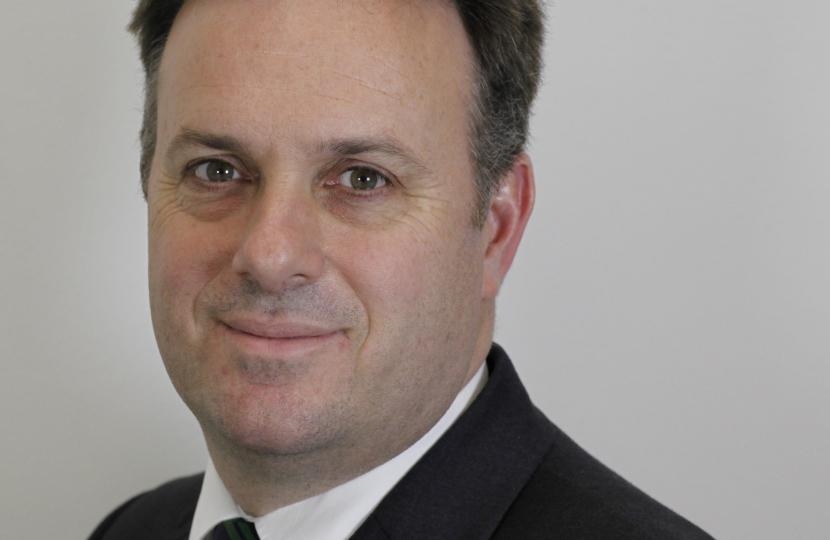
Last week, the Chancellor of the Exchequer delivered his first Spring Statement. This is the Government’s opportunity to respond to forecasts from the independent forecaster the Office for Budgetary Responsibility.
I have the OBR’s report on my desk, however I am sure you will be pleased to read that I won’t be covering all 236 pages in this column.
The forecast that grabbed most headlines was that the economy is set to grow more strongly than previously thought.
The estimate for growth for 2017 was raised from 1.5 to 1.7 per cent, and the forecast for 2018 was raised from 1.4 to 1.5 per cent.
Despite many frantic warnings of recession, whether as a result of voting to leave the European Union or restoring order to the public finances, our economy has now grown for eight consecutive years.
Earlier this month, it was also announced that the UK ran an annual current surplus for the first time since 2001.
Current spending is the day-to-day spending needed to pay for services such as hospitals and schools, and the surplus means that this is now being covered by tax receipts rather than borrowing; reducing the strain on the public finances from interest payments on the total national debt.
I also believe this clearly shows that Britain’s national debt is not solely the product of bailing out the banks ten years ago.
Philip Hammond also confirmed that improving public finances may mean he has the ability to increase public spending and investment by the time of the Budget in the Autumn, and that he will look to use any such headroom to relieve pressures on frontline public services like the NHS.
It is vital to invest the proceeds of growth and prudent financial management into our services, and I will be vocal in lobbying for York to receive its fair share of any funding boost.
The increase in employment over the last few years has been nothing short of miraculous. It is quite hard to comprehend what three million more people in work since 2010 looks like on a national level, but consider the picture here in York.
In my constituency, York Outer, 99.2 per cent of those defined as economically active and aged between 16 and 64 are in employment, one of the highest rates in the whole country.
No wonder The Sunday Times declared our city to be the best place to live in Britain.
As much as the Government has a strong record on the economy, its role is limited to preserving and fostering the conditions for growth. It is business and enterprise that drive prosperity and create jobs, generating new funds for our public services.
There are 1.2 million more businesses in the UK since 2010 but these are the products of individuals and families.
Economic growth and better living standards do not just appear, they only result from the effort and initiative of people at work, and it is only through sustaining growth and supporting wealth creation and innovation that we can hope to advance the welfare of the whole community, especially that of the disadvantaged.
